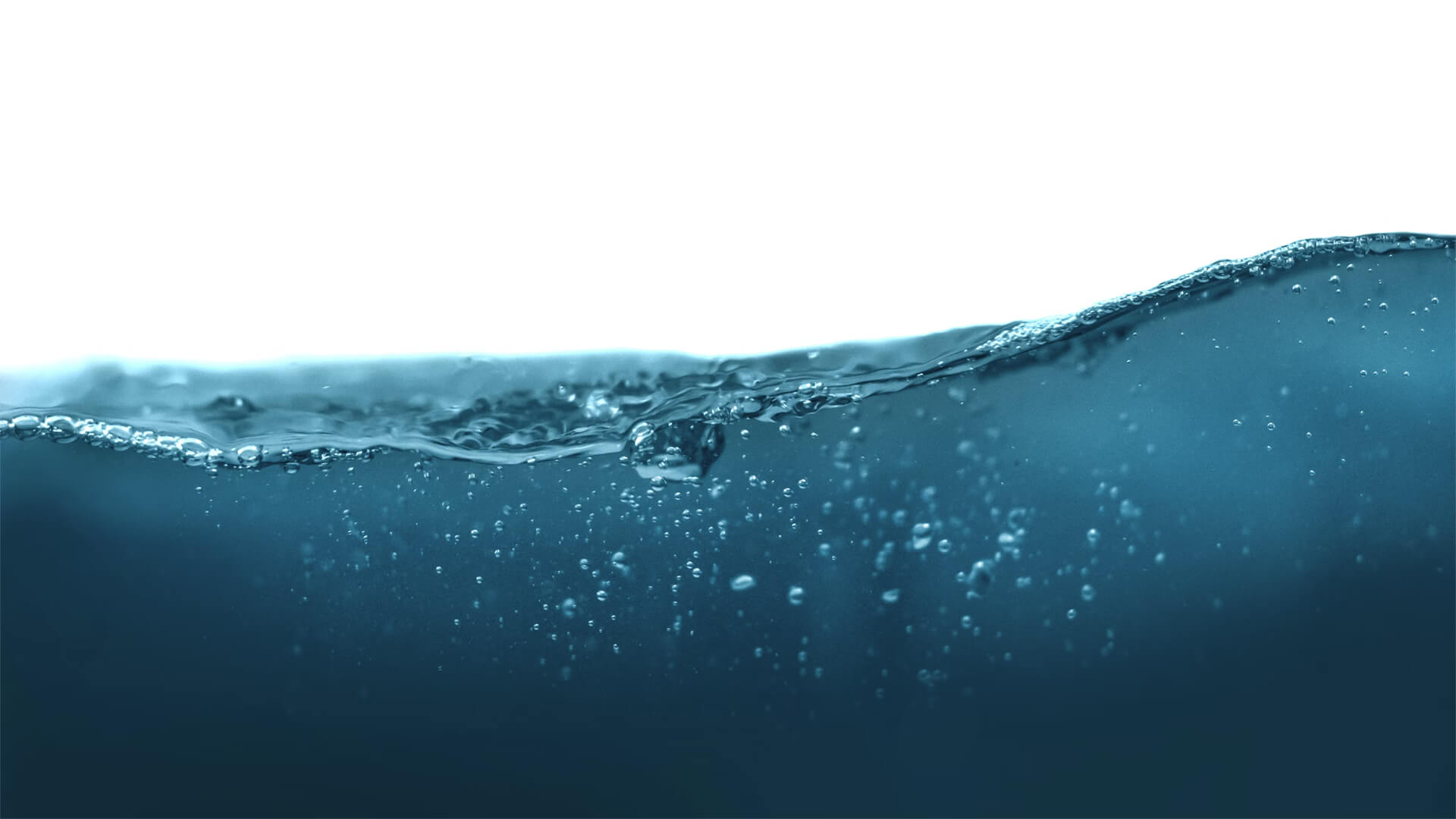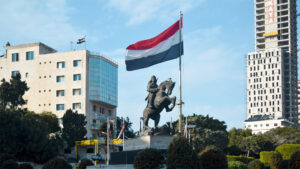When people start talking about wars over water, everyone pictures tooth and nail, Mad Max-esqe fighting…but our imaginations might be getting away from us here. Allow me to paint a more realistic picture for you.
There are some practical limitations to water wars. Water isn’t easy to move and redirecting rivers or directional flows is time consuming, expensive, and hard to do. To add another layer of complexity to the mix, most water sources are held by countries of power (you know, water tends to help with things like food production, industrialization, growing populations, and military development). So, when a dry country decides it needs water, there’s often not much it can do.
Sure, there are always exceptions to the rule. Egypt depends on the Nile River, Central Asia relies on those diminishing glaciers, and the Middle East will have some choice words over dam construction. However, the majority of countries that lack water resources, simply cannot conquer or secure water from other nations.
Here at Zeihan On Geopolitics we select a single charity to sponsor. We have two criteria:
First, we look across the world and use our skill sets to identify where the needs are most acute. Second, we look for an institution with preexisting networks for both materials gathering and aid distribution. That way we know every cent of our donation is not simply going directly to where help is needed most, but our donations serve as a force multiplier for a system already in existence. Then we give what we can.
Today, our chosen charity is a group called Medshare, which provides emergency medical services to communities in need, with a very heavy emphasis on locations facing acute crises. Medshare operates right in the thick of it. Until future notice, every cent we earn from every book we sell in every format through every retailer is going to Medshare’s Ukraine fund.
And then there’s you.
Our newsletters and videologues are not only free, they will always be free. We also will never share your contact information with anyone. All we ask is that if you find one of our releases in any way useful, that you make a donation to Medshare. Over one third of Ukraine’s pre-war population has either been forced from their homes, kidnapped and shipped to Russia, or is trying to survive in occupied lands. This is our way to help who we can. Please, join us.
TranscripT
Hey everyone. Peter Zeihan here coming to you from snowy Colorado today. We’re going to do another one in the ongoing open series of things I do and do not worry about. This is one that I do not for the most part worry about, and that’s water wars. You’ve got to admit it’s a sexy idea. The idea that a country that is dry and desperate for water is going to march on another country to take it.
But a few things to keep in mind. You can’t take the whole hunter with you. Water is very bulky and very dense and very difficult to move and it clings to itself with friction. So pumping that is difficult. So you’re not talking about just conquering a river basin and somehow redirecting it. You’re talking about conquering the river basin and occupying it.
And for most countries, that’s a pretty heavy carry under any circumstances. So that’s number one. The bar is high. Number two, the countries that have water are the world’s major powers and the ones that do not have water are not major powers. Why? Well, they have water because if you have water, you can grow food. If you can grow food, you can industrialize yourself.
If you can industrialize yourself, you can build your own military without having to import a lot of equipment. And if you don’t have water, you don’t get to do any of those things. So there are very, very few places where you’ve got a dry country next to a wet country where there’s even a theoretical possibility of the dry country doing anything.
That doesn’t mean that there aren’t any exceptions. There’s just very, very few. Let me give you three. And really, that’s it. Number one, Egypt country that’s on the river. It needs the river to survive upstream. Ethiopia has been building some dams. I can see some scenarios where the Egyptians would spend special forces in to damage or destroy the dam.
The problem with that strategy now, though, so the dam has been built, the lake behind, it’s being filled. So if the dam were to go away, so would Egypt. So, you know, number two, Central Asia. The glaciers of Central Asia have been desiccated for about 50 years, ever since the Soviets built a series of water diversion systems in Turkmenistan and Uzbekistan to grow cotton in the desert because they didn’t want to be depended on American cotton or Egyptian cotton.
You fast forward that 50 years and the glaciers are pretty much gone and the flow and the rivers that I’m going through dry are falling precipitously and the whole area is desiccated. So I can see a scenario where a dry country, Uzbekistan, which has the third largest post-Soviet military marches in and just takes over Tajikistan and Kyrgyzstan so that its own people have something to drink.
The third one involves the Middle East, and this is actually an issue of the West countries taking issue with the dry countries. There have been issues in the past in the Jordan Valley where various countries, most notably Lebanon, have built dams on rivers that would impede the flow to the Jordan. The Israelis have a problem with that. So they bombed the dams.
Similarly, you’ve got a wet country, Turkey and a dry country, Iraq and Syria, where the Turks have built lots and lots of lots of dams in southeast Turkey called the Grand Anatolian Project, in order to improve agricultural possibilities for the southeastern part of Turkey and provide an economic ballast to dissuade, say, Kurdish separatism. However, if you happen to be downstream in Baghdad, this is a bit of a problem in your places drying out.
But again, you’ve got a wet country, Turkey, doing things that are messing with the water table in a dry country, Iraq. And there’s not a lot that Iraq can do about it. So there are plenty of things that are worth fighting over in the world. Water is arguably one of them. But the countries that don’t have it don’t have the capacity to go get it.
So I don’t worry about that one.








